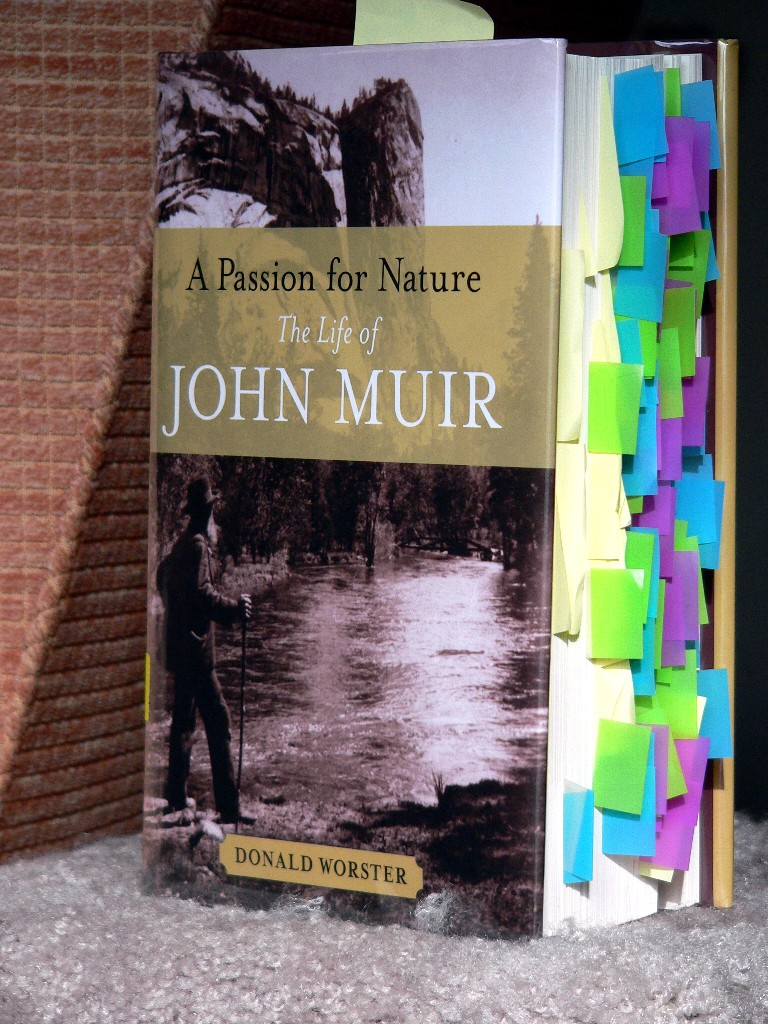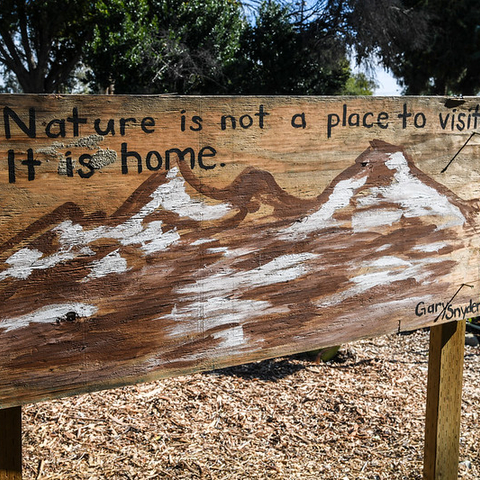Donald Worster is a well-known historian, ecologist, and environmentalist, known for his work on the history of the American West and its relationship to the environment. He has written several books on these subjects, including "Rivers of Empire: Water, Aridity, and the Growth of the American West," "The Wealth of Nature: Environmental History and the Ecological Imagination," and "Dust Bowl: The Southern Plains in the 1930s."
In "Rivers of Empire," Worster explores the role of water in shaping the development of the American West. He argues that the expansion and growth of the West was heavily influenced by the availability and control of water resources, and that this had significant environmental consequences. He looks at the history of irrigation and water management in the West, and how these practices have shaped the landscape and the lives of those who live there.
"The Wealth of Nature" is a more general work that looks at the relationship between humans and the natural world throughout history. Worster argues that humans have often treated the natural world as a resource to be exploited, rather than a source of value in and of itself. He calls for a shift in our understanding of the natural world, and for a greater appreciation of the value of the ecosystems that sustain us.
"Dust Bowl: The Southern Plains in the 1930s" is a detailed history of the environmental disaster that struck the Great Plains in the 1930s, known as the Dust Bowl. This was a period of severe drought and erosion that resulted in widespread ecological destruction and economic devastation. Worster discusses the causes of the Dust Bowl and its lasting impact on the region and its people.
Overall, Donald Worster's books offer a valuable perspective on the relationship between humans and the natural world, and the importance of understanding and respecting the environment. His work is essential reading for anyone interested in environmental history, ecology, and the American West.








